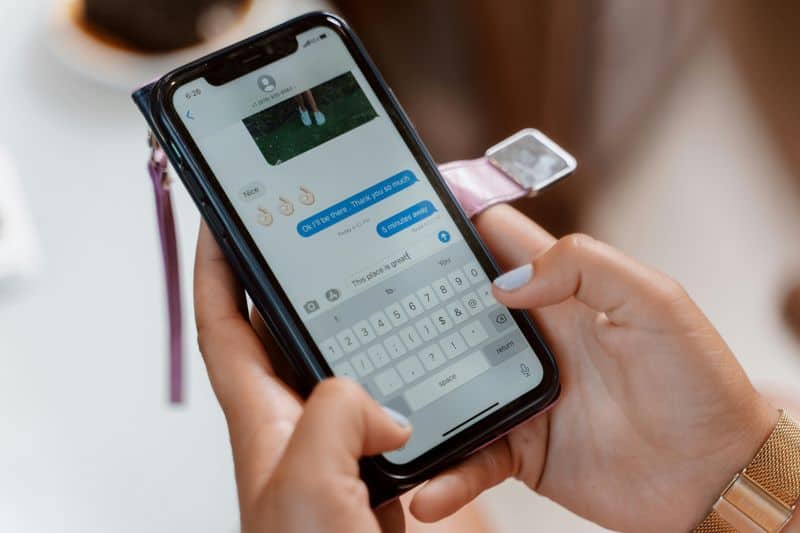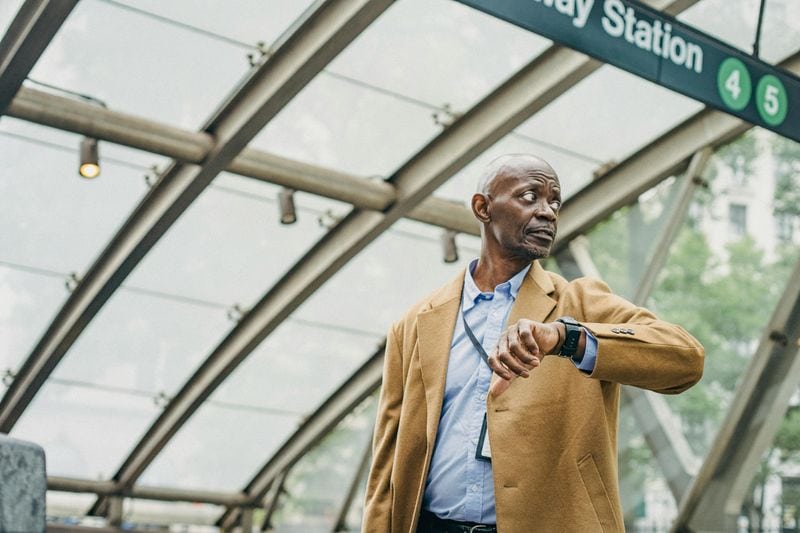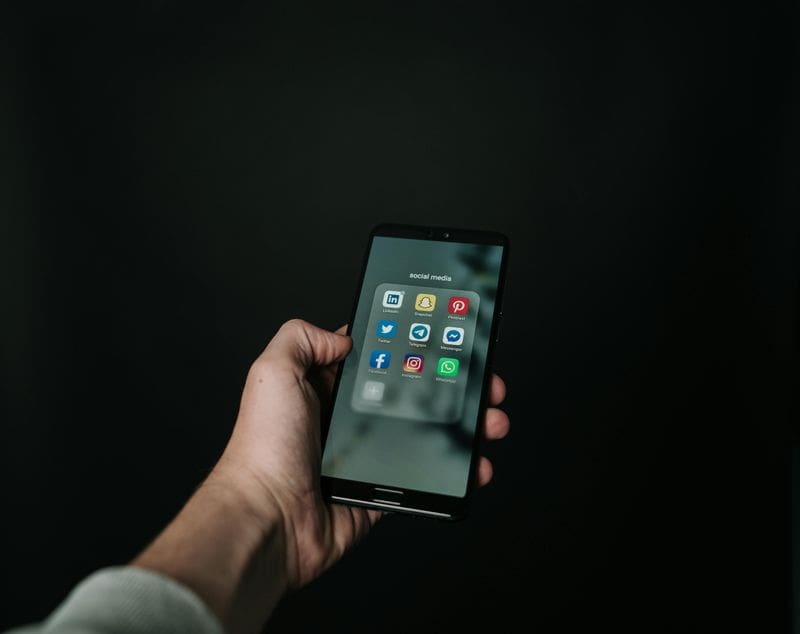Have you ever tried to seem cool and mysterious, only to realize you might be coming across as plain rude? We all want to seem interesting, but sometimes our attempts at mystery backfire.
What feels enigmatic to us often feels dismissive or inconsiderate to others. Let’s uncover these common behaviors that don’t make you mysterious – they just make people not want to hang out with you.
1. Ghosting Mid-Conversation
Vanishing from conversations without warning isn’t creating an air of mystery around you. It’s leaving people hanging and feeling unimportant. Many think this creates intrigue, making others wonder what you’re up to.
In reality, it signals that whatever came up was more important than the person you were talking to. Most people would rather hear “gotta go” than be left wondering if you fell into a well.
Good communication doesn’t require immediate responses to everything, but acknowledging others before disappearing is basic respect.
2. One-Word Replies
“K.” “Fine.” “Whatever.” Short responses might feel cool and detached in your head, but they land as dismissive to the person on the receiving end. The mystery you think you’re creating is actually just frustration.
People invest energy crafting messages to you. When you respond with minimal effort, you’re essentially saying their thoughts aren’t worth your time.
Even busy people can add a simple “Thanks!” or “Sounds good, talk later” to acknowledge the other person’s existence and maintain basic courtesy.
3. Arriving Fashionably Late
Making a grand entrance by arriving 20 minutes late might seem dramatic and intriguing in movies. In real life, it tells everyone your time matters more than theirs. That meeting that started without you? Everyone was just sitting there checking their watches.
The temporary attention you receive walking in late doesn’t make you mysterious – it makes you the person others hesitate to invite next time. Your friends notice the pattern, even if they don’t mention it.
Punctuality shows respect. Being predictably late is just predictably inconsiderate.
4. Vague-Booking on Social Media
“Some people need to learn their place…” “Can’t believe what just happened…” Cryptic posts that hint at drama without details aren’t creating an enticing air of mystery. They’re attention-fishing expeditions that make friends uncomfortable.
Either you want to talk about what’s bothering you (so just say it directly), or you don’t (so why post at all?). These vague statements put others in an awkward position of whether to ask or ignore.
True mystery doesn’t announce itself with dramatic hints. It exists naturally without trying to make everyone notice it.
5. Avoiding Eye Contact
Looking away during conversations might feel like you’re projecting a brooding, thoughtful image. From the other person’s perspective, you seem disinterested or uncomfortable with basic human connection.
Eye contact is fundamental to communication. When you consistently look at your phone, the floor, or anywhere but the person speaking, you’re signaling that whatever else has caught your attention is more important.
Maintaining appropriate eye contact doesn’t mean staring intensely – it means showing through your gaze that you’re present and engaged in the interaction.
6. Name-Dropping Then Clamming Up
“I was just talking to [celebrity/important person] the other day…” followed by “I can’t really say more about it” isn’t mysterious. It’s transparent bragging without substance.
If you genuinely can’t discuss something, don’t bring it up in the first place. Mentioning connections or experiences only to immediately withhold details feels manipulative to listeners.
True confidentiality doesn’t announce itself. People who actually work with important figures typically don’t advertise it to seem interesting at parties.
7. Selective Hearing
Choosing which questions to acknowledge while ignoring others doesn’t make you enigmatic. The person asking notices exactly what you’re doing, and it feels dismissive rather than mysterious.
Everyone occasionally misses things in conversation. But when you repeatedly respond to easy questions while conveniently “not hearing” anything personal or challenging, the pattern becomes obvious.
Honesty works better than selective hearing. A simple “I’d rather not talk about that right now” shows more respect than pretending you didn’t hear the question.
8. The Silent Treatment
Suddenly going silent when upset isn’t creating an aura of mystery that makes others value you more. It’s passive-aggressive behavior that damages trust and creates anxiety for the recipient.
Adults communicate their feelings. When you withdraw completely without explanation, you’re not being intriguingly complex – you’re avoiding necessary conflict resolution.
Even saying “I need some space to process this before we talk” is infinitely more respectful than disappearing and expecting others to guess what they did wrong.
9. Keeping Plans Intentionally Vague
“Let’s play it by ear” might seem spontaneous and mysterious when you suggest it. For the person trying to plan their day around seeing you, it’s just inconsiderate.
Being mysterious about your availability forces others to keep their schedule open indefinitely. Most people have work, family obligations, or other friends to consider when making plans.
Spontaneity can be fun when everyone’s on board. But consistently refusing to commit to specific times and places isn’t mysterious – it’s just making your priorities more important than everyone else’s.
10. Withholding Basic Information
Refusing to share ordinary details about yourself doesn’t create an appealing sense of mystery. When someone asks what you do for work or where you’re from, they’re trying to connect, not interrogate you.
Responding with “I prefer not to say” to basic conversation starters makes interactions unnecessarily awkward. There’s a difference between maintaining privacy and treating casual questions like invasions.
Genuine connections require some level of information exchange. Being mysteriously tight-lipped about non-sensitive topics just makes you seem paranoid or arrogant rather than intriguing.











